Podcast for 2 August 2013
NATURE & HEALTH - Scientists look to the oceans for new antibiotics. The full moon affects sleep patterns. And, how paleo is the so-called "Paleo" diet? Also: How apes remember events.


NATURE & HEALTH - Scientists look to the oceans for new antibiotics. The full moon affects sleep patterns. And, how paleo is the so-called "Paleo" diet? Also: How apes remember events.


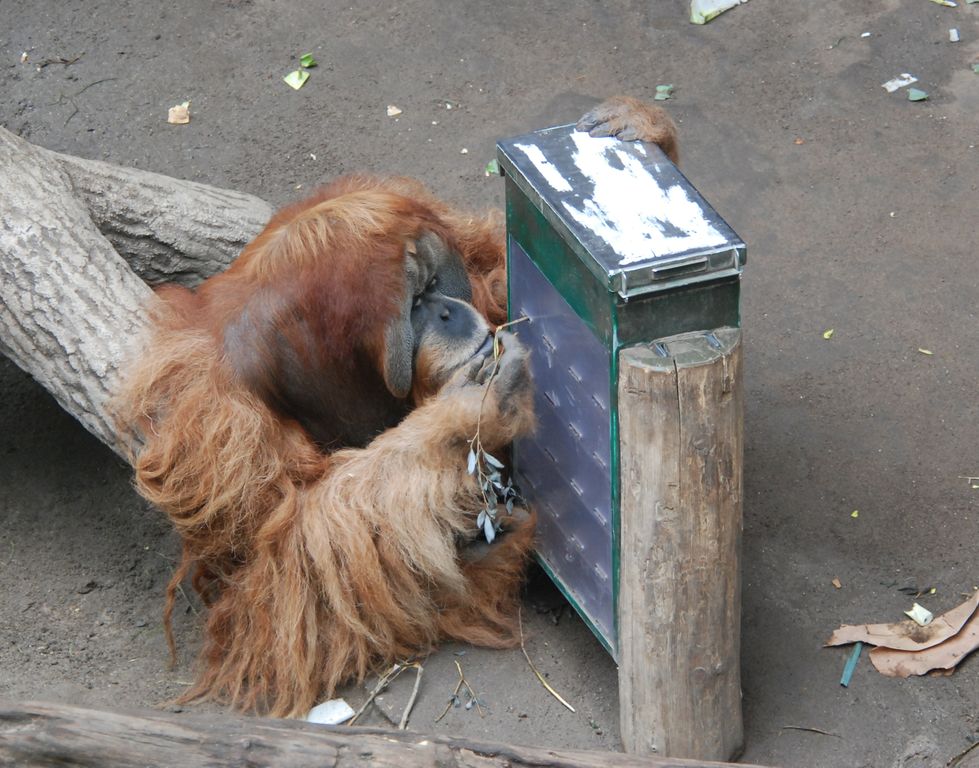
Like humans, chimpanzees and orangutans can remember events that took place years in the past.
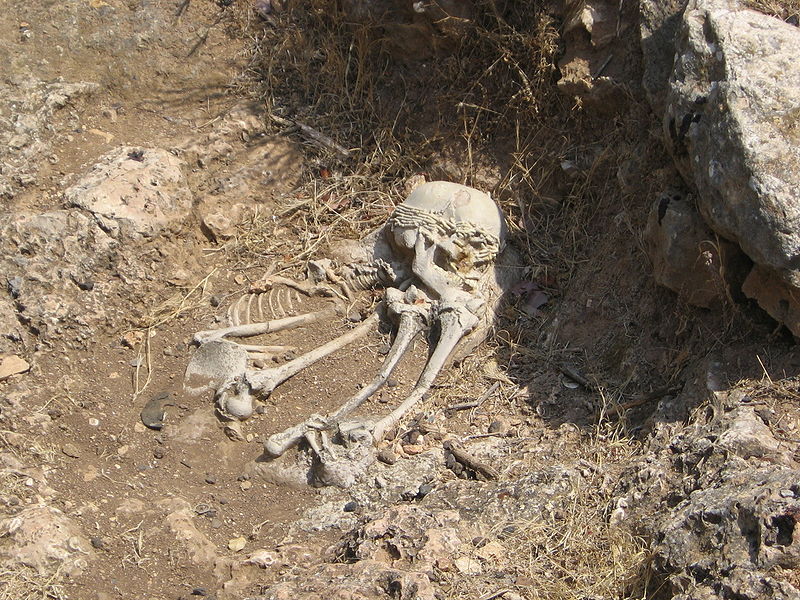
Researchers have unearthed the earliest known evidence for the use of flowers to adorn human graves.
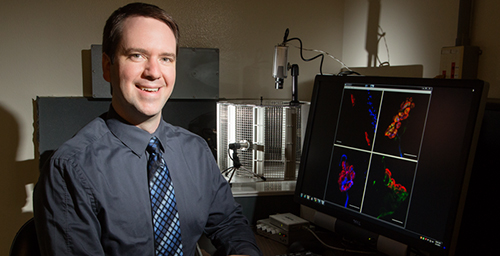
A vocal coaching experiment in rats could lead to better ways to keep our voices strong as we age.

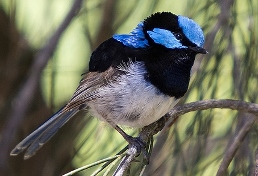
AUSTRALIAN ANIMALS - Male lyrebirds groove to their own music. Young fairywrens learn who their enemies are by watching their parents. Robotic seals help improve the quality of life of dementia patients. Also, could rats could help people keep their voices strong in old age?
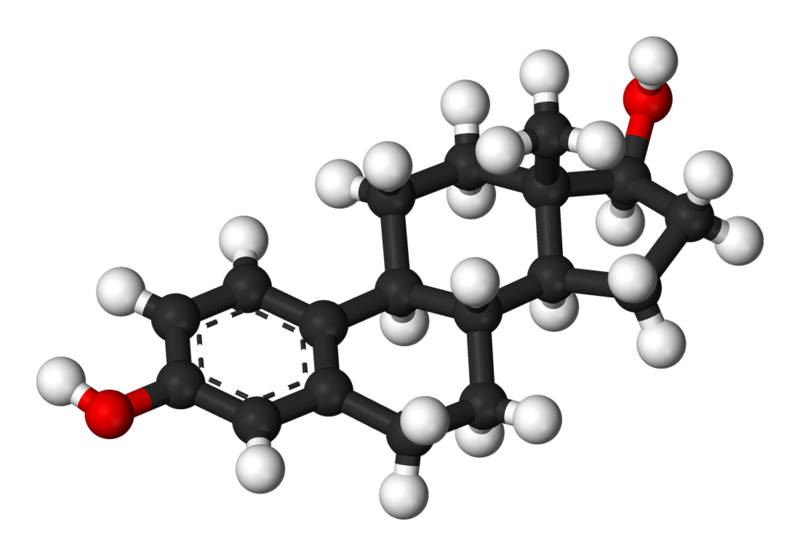
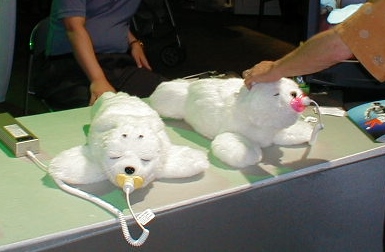
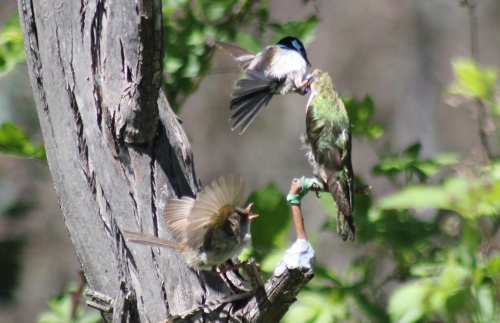
Young Australian birds learn who their enemies are by watching their parents.


Compositions from different periods in music history have different mathematical properties.
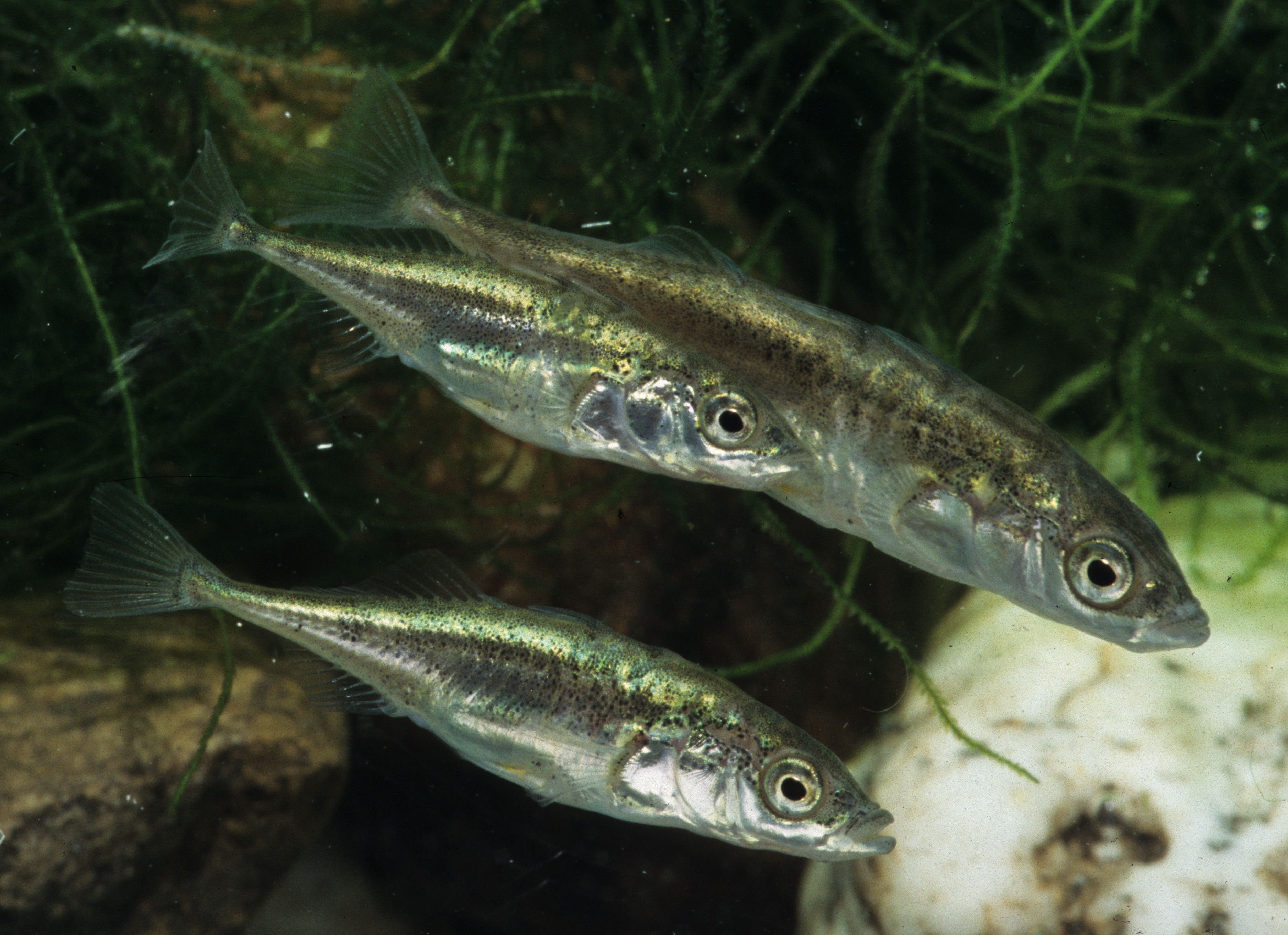

Circuits in the brain linked to drug withdrawal's unpleasant side effects may become targets for treatment.
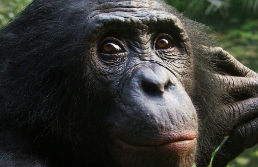
BRAINS & BEHAVIOR - When apes take a gamble. The value of precision in negotiations. And a new approach to targeting drug addiction in the brain. Also: what above-ground nuclear tests in the mid-20th century can tell scientists about the brain.
The ability to track the motion of small objects is surprisingly well-correlated with IQ.
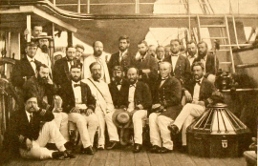
WHEN SCIENCE MEETS HISTORY - Ocean temperature records from a 19th century research ship confirm global warming. Reviving plants hidden under glaciers for centuries. Tracing the genetic origins of the blight that started the Irish Potato Famine. And uncovering evidence of lead pollution in Spain from 4,000 years ago.
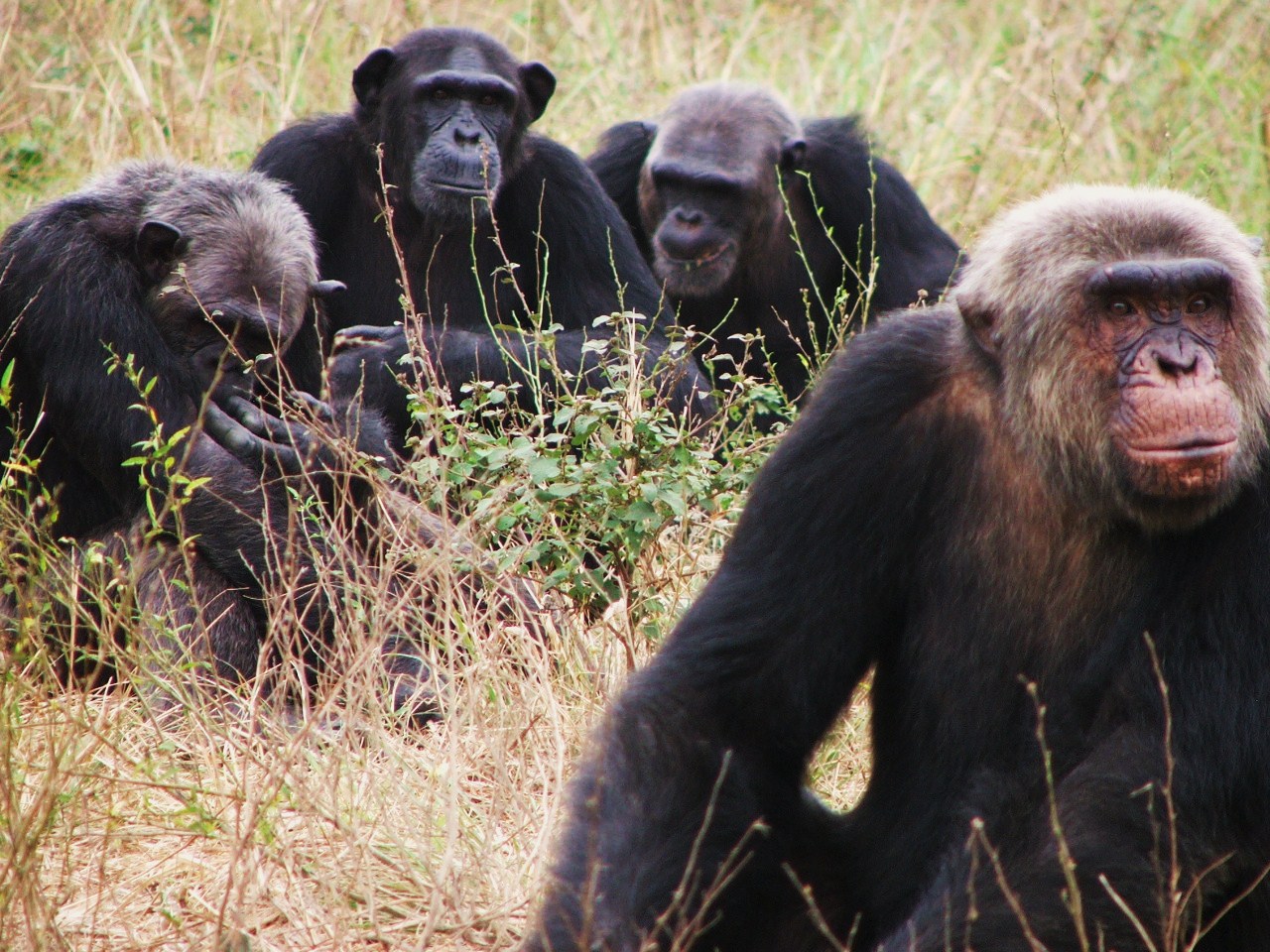
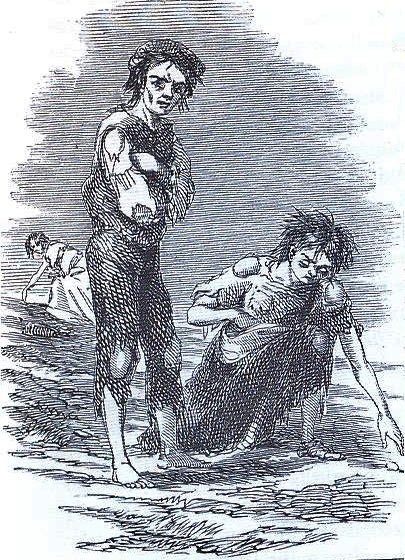
Scientists have identified the genetic variant of the fungus-like organism responsible for setting off the Irish Potato Famine.

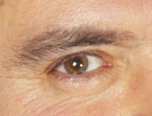
Our eyes’ ability to detect color deteriorates with age, but our brains compensate.
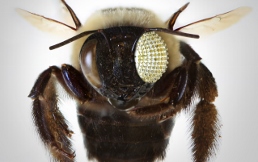
VISION SCIENCE - A camera modeled after the compound eyes of insects. How the brain compensates for worsening color vision as we age. And, could electrical simulation to the brain improve math performance? Also: Young people are still flocking to tanning booths, despite the risk of developing life-threatening melanoma.
